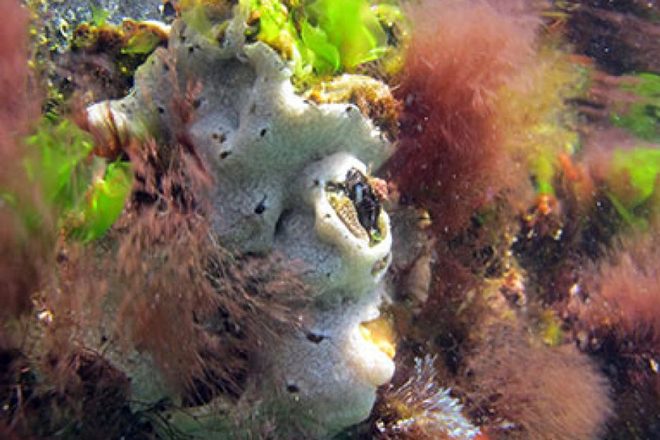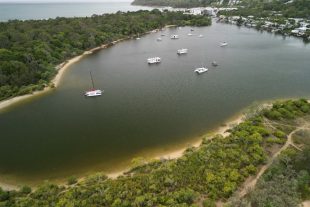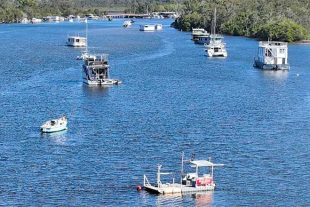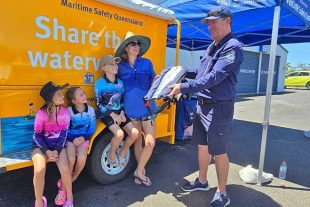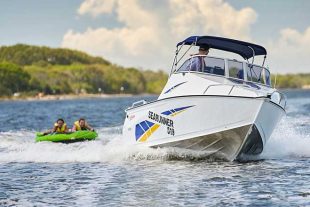BOAT owners are urged to keep their boat’s hull clean with regular maintenance to minimise any further spread of an exotic marine pest known as white colonial sea squirt, after it was found in Queensland.
Biosecurity Queensland general manager John Robertson said the white colonial sea squirt (didemnum perlucidum) was an invasive species originating from the Caribbean.
“Over the past decade it has established itself in interstate Australian waters, but this is the first detection in Queensland,” Mr Robertson said. “It’s not possible to eradicate this pest, and while its impacts in Western Australia, the Northern Territory and NSW are not considered major, we don’t want it getting a foothold in Queensland. The sea squirt is white in colour. It fouls submerged and floating infrastructure such as pylons, pontoons, boats and buoys and can overgrow native marine species.”
Boaties should maintain regular maintenance and cleaning of their vessel to prevent spreading the pest, including:
- Apply antifouling paint to keep the hull clean;
- Clean your boat in a dry dock or slipway (out of the water);
- Look out for any attached pests; and
- Check and clean gear including pots, nets, fishing and diving gear and anchors and ropes before moving between locations.
More information is available at qld.gov.au/environment/coasts-waterways/marine-pests
The specimens in the Gulf of Carpentaria were found during a marine pest survey, while the Mackay detection was the result of the Queensland Seaport eDNA Surveillance (Q-SEAS) marine pest pilot program. Biosecurity Queensland will continue to monitor the extent of this species through the Q-SEAS marine pest program and work closely with port authorities and maritime industries to minimise impacts.
If you see a suspicious marine organism, please report it to Biosecurity Queensland on 13 25 23. For images and further information, visit biosecurity.qld.gov.au
This detection, along with other recent isolated marine pest detections in Queensland highlights the ongoing threat of marine pests and the importance of continuing surveillance activities as well as keeping your boat’s hull clean.
 Bush ‘n Beach Fishing Magazine Location reports & tips for fishing, boating, camping, kayaking, 4WDing in Queensland and Northern NSW
Bush ‘n Beach Fishing Magazine Location reports & tips for fishing, boating, camping, kayaking, 4WDing in Queensland and Northern NSW

